We are delighted to share that Professor Rob Marchant, former member of the MRI Science Leadership Council and current co-lead of our Mountain Social-Ecological Futures working group, will head the AFRI-CAN project to explore East African mountain social ecological dynamics after being awarded a prestigious European Research Council (ERC) Synergy Grant.
This €10 million grant will enable an ambitious interdisciplinary effort to understand how East African mountain ecosystems – and the communities who depend on them – can adapt and thrive in the face of environmental and climatic change.
Pathways to Sustainable Mountain Futures
Mountains around the world are biodiversity hotspots and deliver a wide range of essential ecosystem services, from water and food provision to energy production and carbon sequestration. However, they are increasingly under pressure due to climate change, population growth, biodiversity loss, and agricultural transformation. These challenges affect not only mountain communities but also the surrounding lowlands that rely on highlands for vital resources.
Recognizing the deep interconnections between human and ecological systems, AFRI-CAN focuses on mountain socio-ecological systems across nine contrasting East African mountain settings. It aims to investigate how communities interact with nature, how ecosystems evolve, and which pathways could support sustainable and resilient mountain futures.
Using state-of-the-art modelling, valuation assessments, and interdisciplinary insights, the project will work with stakeholders to co-produce pathways for sustainable mountain futures that are both locally grounded and globally relevant. This approach spans the past, present, and future, and is guided by the Nature’s Future Framework, which characterizes how societies exploit, coexist with, or enhance nature over time.

Stronger Connections for Mountain Research
The project brings together an international team of interdisciplinary researchers from the UK, South Africa, Spain, and Germany, in partnership with institutions and communities in Kenya, Tanzania, and Uganda. Its impact will also be amplified by strong connections with organizations such as the MRI and the Global Mountain Biodiversity Partnership.
In this way, the AFRI-CAN project will not only advance scientific understanding of socio-ecological dynamics in East African mountains, and beyond, but also strengthen connections between African researchers and global networks.
“This is great news for the wider mountain research community, and our success here has certainly been shaped by interaction with the MRI over the years.” said Marchant.
“I am particularly excited about developing the science in an East African context and applying our insights to other mountain systems around the world. I am sure we can make the most of this opportunity and build a much stronger research community that is embedded within African partners – while also showcasing how important mountains are for people, for nature, for future sustainability, and for navigating the multiple, interconnected challenges that lie ahead.”
Mountains Matter: Science, Collaboration, Impact
The success of AFRI-CAN underscores the growing recognition of mountain regions as critical spaces for innovation, resilience, and research. We warmly congratulate Professor Marchant and his collaborators on this remarkable achievement. This work exemplifies the kind of interdisciplinary, partnership-driven research that is essential to advancing sustainable futures in mountain regions around the world.
AFRI-CAN Project Collaborators
- Professor Rob Marchant, University of York, UK
- Professor Laura Pereira, University of Witwatersrand Johannesburg
- Professor Unai Pascual, Basque Centre for Climate Change
- Professor Thomas Hickler, Senckenberg Institute
Cover image: View of Kilimanjaro, one of the AFRI-CAN project’s study locations. Image credit: Rob Marchant.


